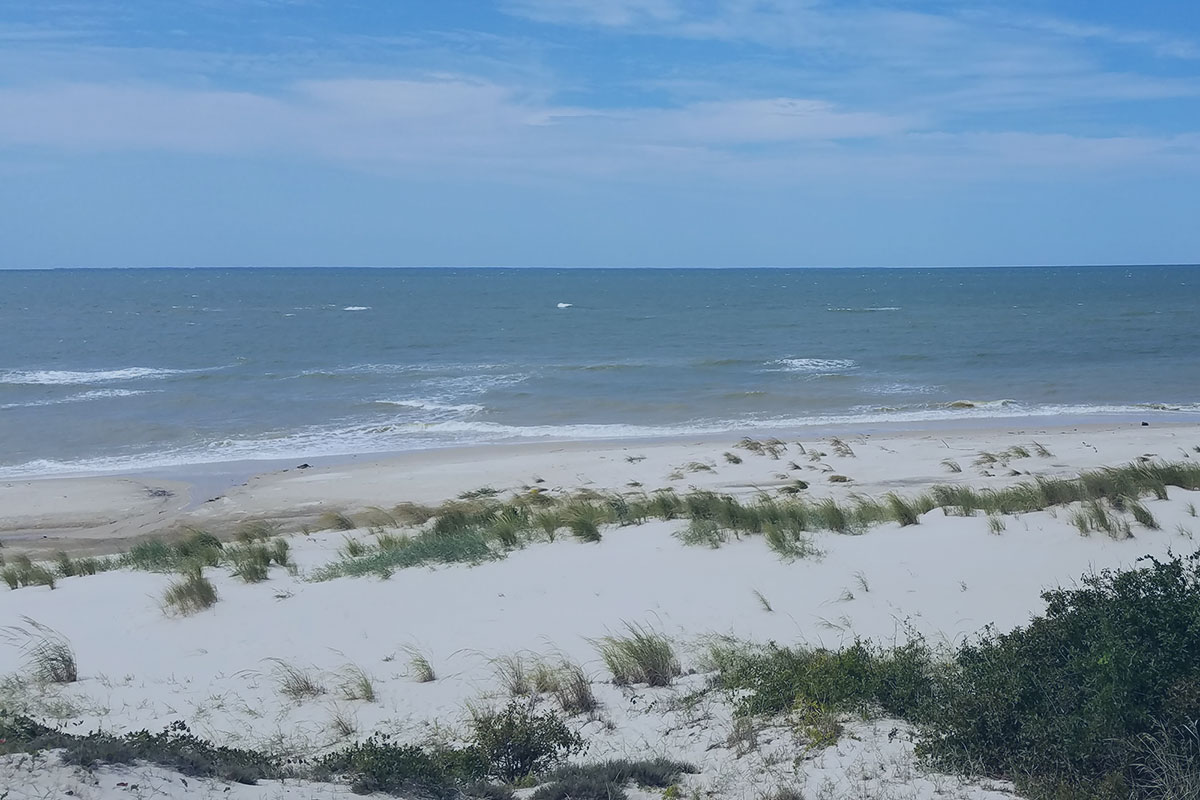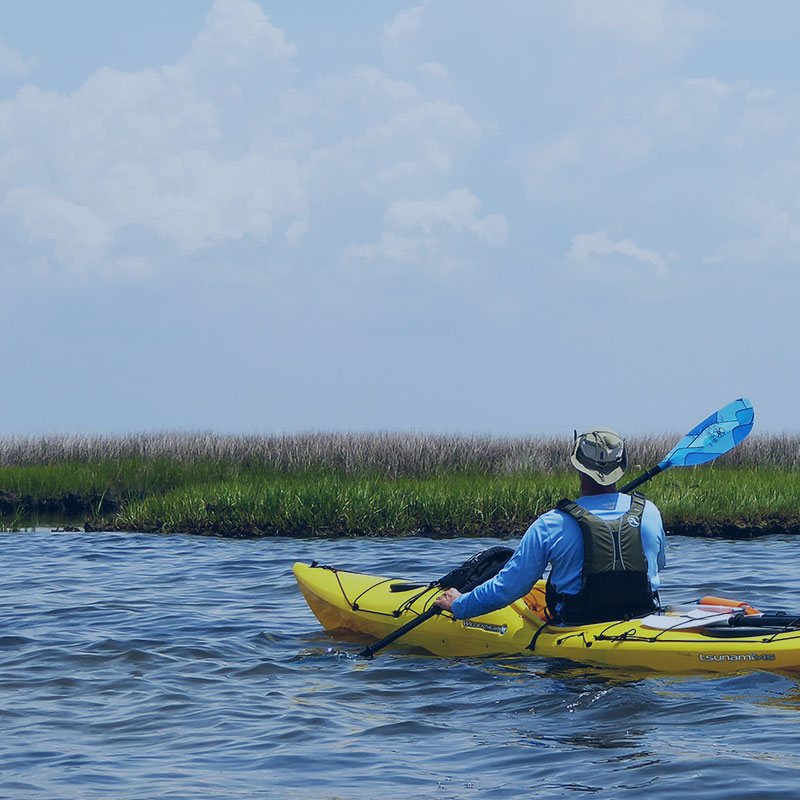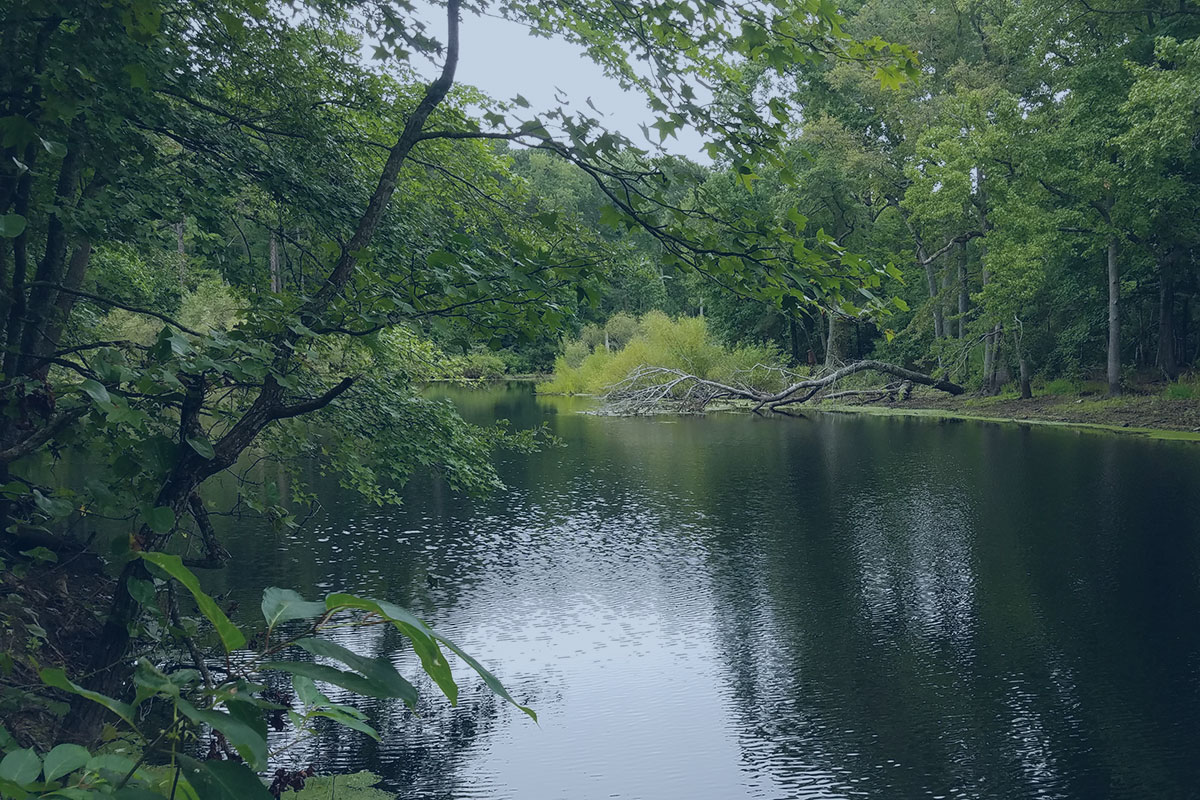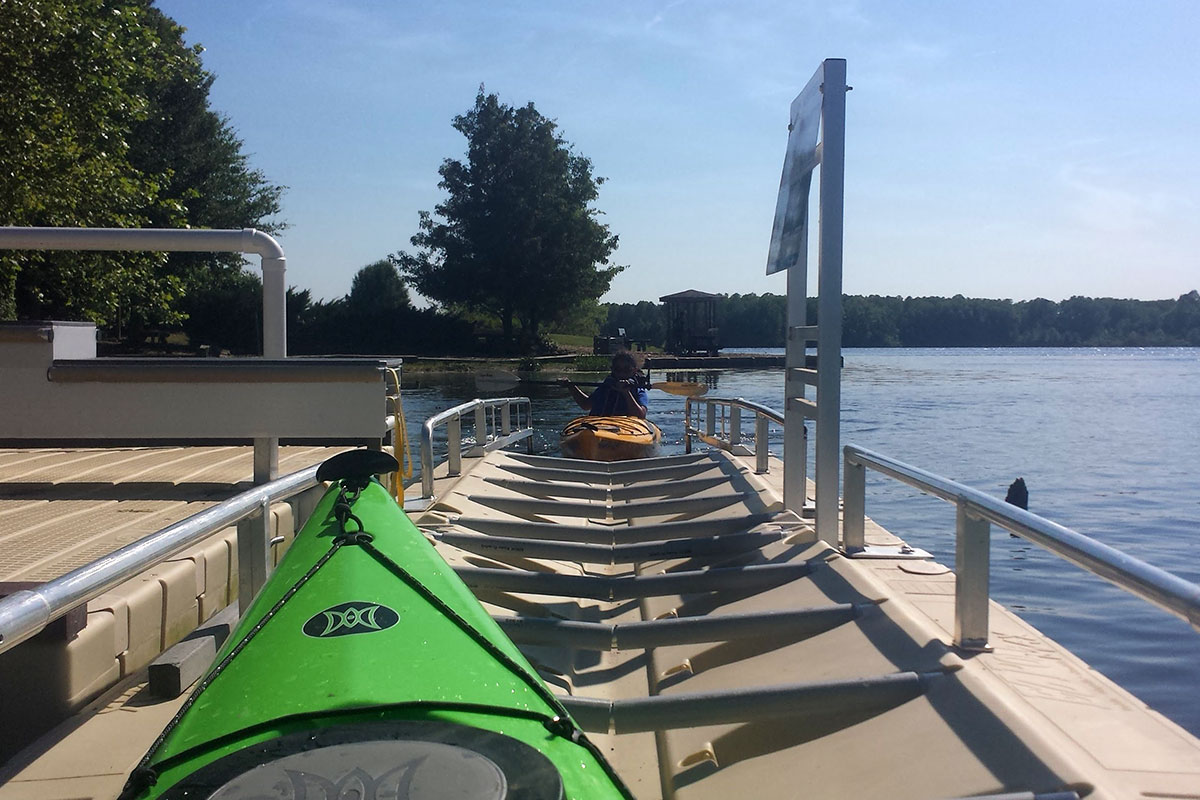When done safely, kayaking and canoeing are wonderful ways to experience rural coastal Virginia.
However, only you can ensure your safety by being prepared, knowing your limitation, and having a float plan. Consider these tips and resources when planning your water trails excursion in rural coastal Virginia.
- First things first! Please know that paddling along rural coastal Virginia’s water trails is done at your own risk. Never paddle alone and when paddling in a new place, be sure to use a personal locating beacon.
- Respect the power of the Chesapeake Bay and Sea and avoid paddling in restricted visibility or intense weather conditions. Always check the weather before you head out.
- Long traverses are only recommended to be completed with a guide or by very experienced paddlers, in fair weather, and with a personal locator beacon, radio, and GPS.
- Have you checked the tide charts? Be sure to know when water is expected to be at its lowest and highest during the day. Research the tide chart for your paddle destination here.
- Each paddler must have a whistle, USCG approved PFD (life jacket), 360-degree white light at night and orange flag on a mast (particularly in marsh areas with low visibility and/or motor boat traffic, especially during hunting season), and basic safety, rescue, and first aid items
- Consider hiring a Virginia Certified Ecotour Guide.
- Note the water quality of the waterways you plan to paddle in. The Virginia Department of Health issues water quality and no swim notices here.
- Consider taking a Virginia Boater Safety course. Learn more here.
- Know the paddling rules and equipment regulations. Learn more here.
- Understand your skill level on the water (see more on that below in the chart) and select a trail that best fits your experience.
Useful Links
Know Your Skill Level!
The difficulty level of each rural coastal Virginia water trail varies. To best understand how the trails outlined across this web site are ranked please reference the table below.
| Element | Beginner | Intermediate | Advanced |
|---|---|---|---|
| Trip Distance (miles) | ≤ 5 | 4-8 | ≥ 8 |
| Time on the Water (hours) | ≤ 3 | 3-5 | ≥ 5 |
| Avg. Paddling Speed (mph) | ≤ 2 | 2-3 | ≥ 3 |
| Wind Speed (mph) | ≤ 5 | 5-10 | ≥ 10 |
| Waves (feet) | ≤ 0.5 | 0.5-1.5 | ≥ 1.5 |
| Typical Current (mph) | ≤ 1 | 1-2 | ≥ 2 |
| Distance from Shore (miles) | ≤ 0.25 | 0.25-0.75 | ≥ 0.75 |
Keep your footprint small!
Check out our blog post on how to be an eco-friendly paddler and be sure to use Leave No Trace Principles when out in natural areas. Try to avoid landing on marsh shorelines or islands during the breeding season. Marshes are hot and buggy, difficult to traverse, and extremely sensitive to human disturbance. If you do have to land on a marsh shoreline, please heed the following tips:
- Remain close to the water’s edge at all times and do not linger in the area unnecessarily.
- Avoid walking across marsh vegetation.
- Always tread carefully when walking on sandy or shelly marsh shorelines where birds may be nesting as you may accidentally step on well-camouflaged nests.
- Adult solitary marsh nesters will usually flush from well-hidden nests laid on sand, shell piles, or in the grass. When you see adult birds flush, move away from the area as quickly and quietly as possible.
- Do not enter nesting colonies (i.e., areas with concentrations of birds).
- Always pay attention to the birds; they will let you know when you are too close by taking flight, dive-bombing, and/or exhibiting defensive behaviors.
- Avoid making loud noises or engaging in any disruptive activities.
Avoid paddling too close to marsh shorelines. If birds in the marsh take flight upon your approach, steer away from the area and remain as close to the main channel as possible.
Sea Turtles and Marine Mammals
-
All sea turtles, manatees and several large whales that occur in Virginia are protected under the Endangered Species Act.
-
Dolphins, porpoises, whales, seals, and manatees are protected under the Marine Mammal Protection Act.
- Enjoy watching marine animals from a distance. Do not approach or attempt to touch or feed them. It is a violation of federal law.
Occurrences of manatees in Virginia’s coastal waters have been increasing in recent years. Reports of manatee sightings by the public provide important information on the distribution, length of stay, and number of individuals that inhabit state waters during the summer months. If you are fortunate enough to see one, report your observations to the proper authorities as soon as possible. Please also provide a detailed description of where and when you encountered the manatee, any unusual markings or scars seen on the animal, and an estimate of its length.
How to report sea turtle and marine mammal strandings:
Every year, several hundred sea turtles and marine mammals (dolphins, porpoises, whales, seals and manatees) wash ashore or strand on the Eastern Shore’s beaches, marshes and islands. An occasional live debilitated sea turtle or marine mammal may be encountered in these areas as well.
Though tragic, strandings represent one of the few means available for investigating the cause of death and gathering important life history information on a group of marine species that are difficult to study in the wild.
If you encounter a sea turtle or marine mammal stranding either in the marsh, on a beach, or in the water, call the number provided below and be prepared to offer specifics on the species (if known), location, size, and condition (alive or dead) of the animal. Please also provide the telephone number of a person who can be called for additional information.
If you come upon a sick or live, but debilitated injured live animal, do not push it back into the water or attempt to handle it without first contacting stranding response personnel for guidance.
(Please note that dead sea turtles marked with spray paint have already been examined by a member of the stranding response team and do not need to be reported again.)
Virginia Aquarium and Marine Science Center Stranding Program 24-hour Stranding Hotline 757-385-7575.



